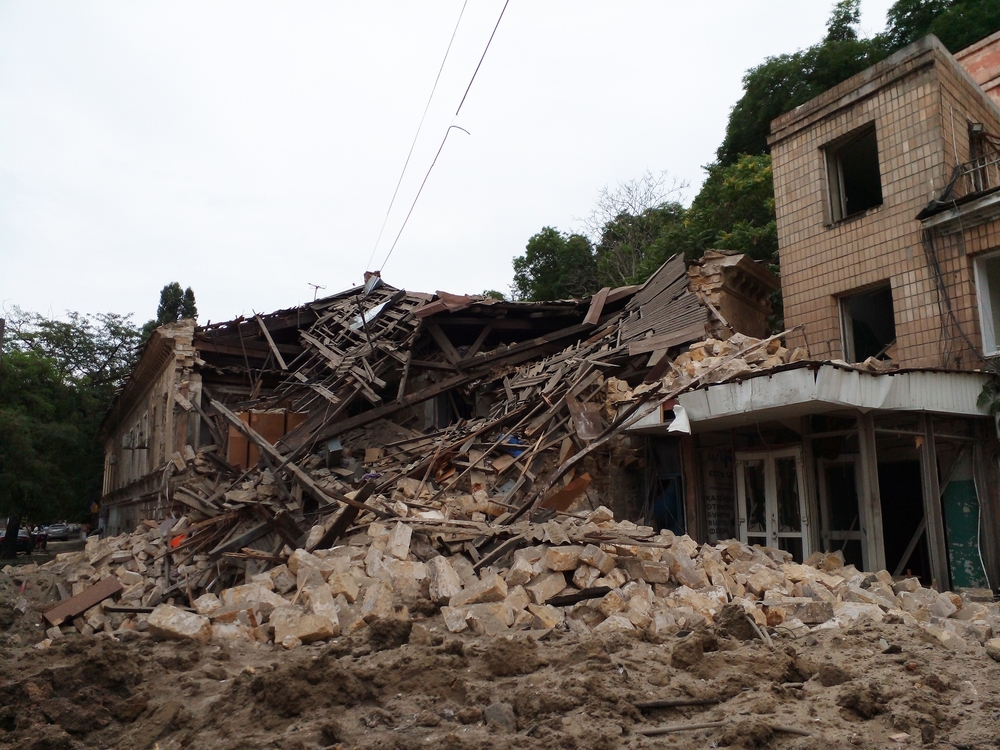Russia’s destruction of cultural monuments occurs not only through missile and drone strikes.
Others are reading now
Since the beginning of the full-scale invasion, Russia has destroyed more than 1,000 cultural heritage sites in Ukraine.
457 Damaged Sites
This includes UNESCO-protected sites, according to Ukraine’s Ministry of Culture.
Russia’s destruction of cultural monuments occurs not only through missile and drone strikes but also under occupation, where so-called “restorations” alter or erase Ukrainian and Crimean Tatar heritage.
As of October, UNESCO confirmed 457 damaged sites, including 143 religious structures, 231 historical buildings, 32 museums, 33 monuments, 17 libraries, and one archive, according to Kyiv Independent.
Also read
In Lviv, located near Ukraine’s western border, Russian missile strikes damaged historic buildings, including those in the UNESCO-protected zone.
A September attack on Konovaltsia Street destroyed a residence, killing six, including three children.
Ancient Sites at Risk
The city of Odesa have ben a UNESCO World Heritage site since January 2023.
According to several rapports Russian missiles have damaged over 20 historic structures, including the Transfiguration Cathedral.
Originally built in 1794 and destroyed by the Soviet regime, the cathedral was rebuilt in the 2000s. Italy and UNESCO have allocated 500,000 euros for restoration efforts.
Ancient sites are also at risk. Russia’s occupation of Crimea since 2014 has led to extensive damage at Chersonesus, a Greek colony over 2,500 years old.
Russia has demolished original sites and replaced them with new buildings, altering the UNESCO-protected landscape.
The 1928 Derzhprom building in Kharkiv, celebrated for its constructivist design, was hit twice this year. This iconic building remains under provisional UNESCO protection, and Kharkiv’s mayor is working to secure international support for its recovery.
Even natural reserves like Askania-Nova, home to 3,500 species, face severe impacts. The reserve, located in Russian-occupied Kherson Oblast, suffers from poaching, neglect, and illegal animal transport to Russia.


